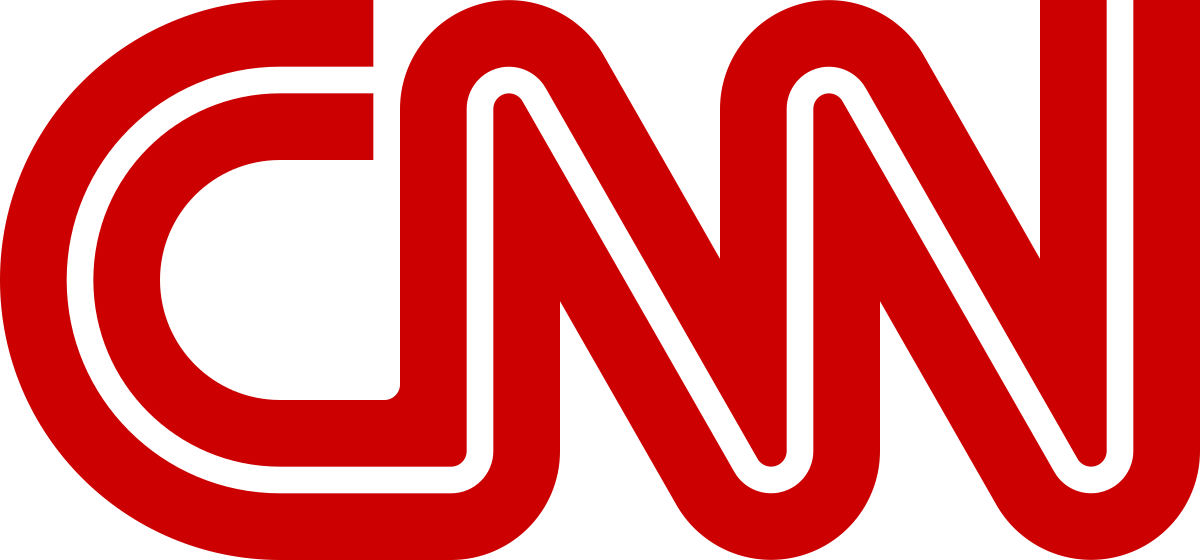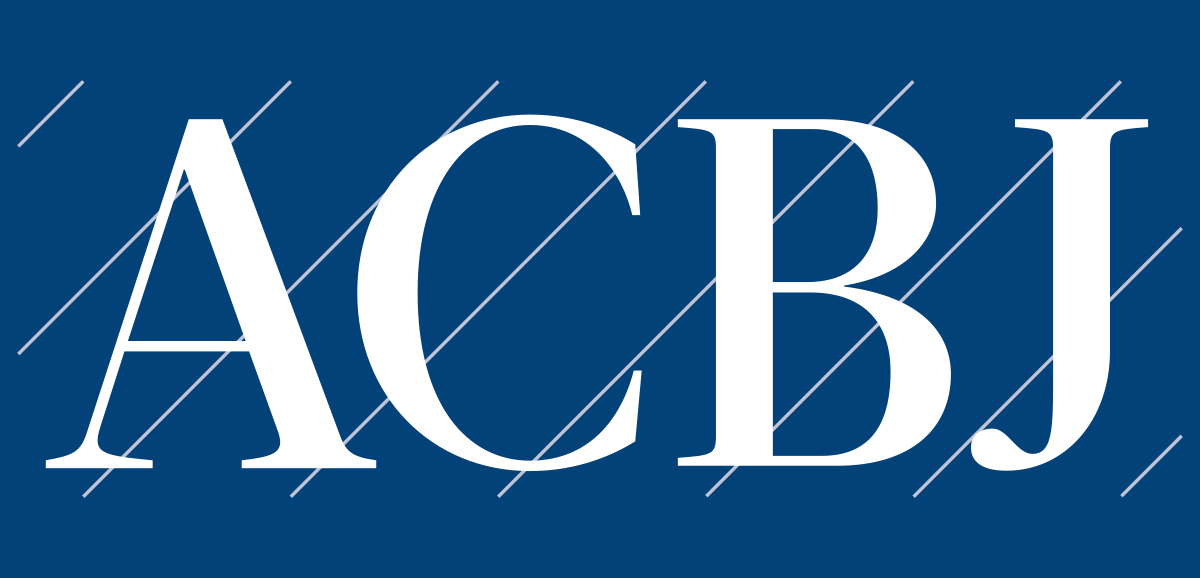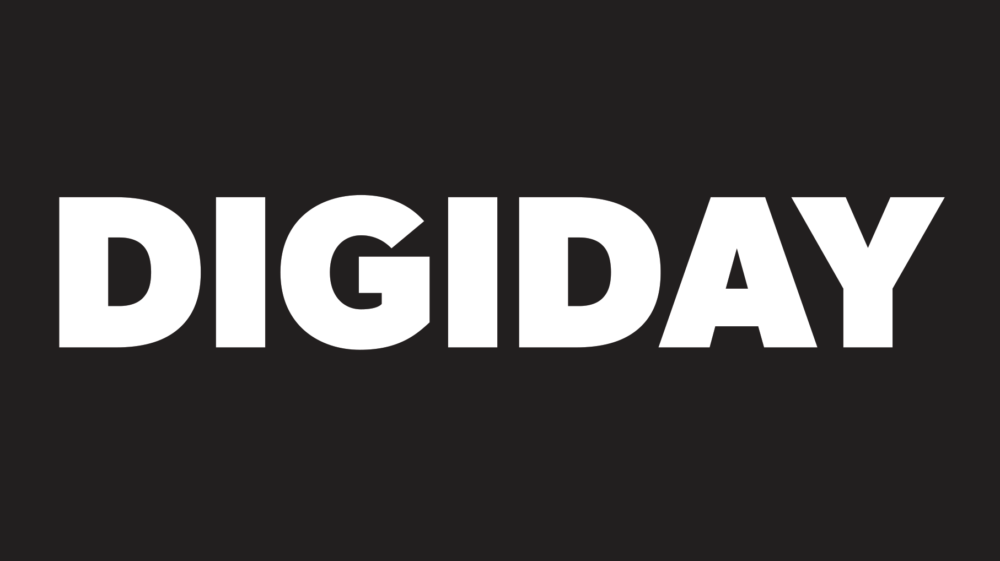
By Mark F. Kluger and William H. Healey
Ironically, well before he died from COVID-like symptoms, John Prine wrote, “I’m awfully tired of the same old business….Cross my heart and hope to die. Stick a needle in my eye, eye, eye.” Many employers, concerned about continuing the same old business are now saying to their employees, cross the threshold and hope to work? You better stick a needle in your arm. Last month, Tyson Foods notified its 120,000 employees that they have until November 1 to either get a shot or a new job; Microsoft and Google told their wiz kids that they can’t return to their offices without proof of vaccination, and even Mickey and Minnie’s bosses need to get the Pixy Dust if they want to continue to spread joy not germs. While Walmart has ordered all its white collar workers get vaxed, Amazon, has taken a pass on a mandate, no doubt recognizing it just might be good for business if we remain trapped in our houses for another year. Ironically, Delta (the airline) is only requiring new hires to be vaccinated. Corona (the brewery) could not be reached for comment.
The FDA’s August 23 grant of full approval to the Pfizer vax will likely lead to more employer mandates. These mandates though have sent many employees who are unwilling to be vaccinated for whatever reason, scrambling to doctors and scripture seeking a way out. Employees in search of an exemption based on medical reasons have few options. The CDC indicates that the contraindications for the vaccines are Severe allergic reaction after a previous dose or to a component of the COVID-19 vaccine or an immediate allergic reaction…to a previous dose or known (diagnosed) allergy to a component of the vaccine. That’s about all folks. Now, while we do have Juris Doctor degrees, shhh…don’t tell anyone, but that doesn’t make us real doctors. So if inclined to reject a bogus sounding request for a medical exemption, first push back to the doctor who wrote it by seeking more specific information. Then, if the doc holds their ground, you can get a second opinion from a real doctor of your choice–and call us in the morning.
The requests for religious exemptions are where all the good times are holy rolling. We have been seeing lots of them and many are whacky. The problem is that the EEOC and court cases have always defined religion broadly. In May, in anticipation of these requests, the EEOC issued guidance that said; the definition of religion is broad and protects beliefs…with which the employer may be unfamiliar. Therefore, the employer should ordinarily assume that an employee’s request for religious accommodation is based on a sincerely held religious belief…. However, if an employee requests a religious accommodation, and an employer is aware of facts that provide an objective basis for questioning either the religious nature or the sincerity of a particular belief, practice, or observance, the employer would be justified in requesting additional supporting information. As you can see, we start with one hand tied behind our back, having to assume the sincerity of whatever religious reason the employee asserts.
There are legal ways to push back though, we believe without getting struck by lightning. But no guarantees from us on the lightening part. Speaking of questioning the sincerity of an employee’s alleged beliefs, you need look no further than the website where the semi-faithful can purchase the Basic Religion Exemption Packet for only $75 with an Attestation of Faith signed by Pastor David, included for just that one low price. But act now folks and with every purchase you’ll get a free knife sharpener for only the cost of shipping and handling. WARNING: this last sentence is fiction; what precedes it though is gospel. As you can see, it’s important to look at the details if the request doesn’t sound Kosher.
Several years before the pandemic, the popular website, The History of Vaccines posted an article that claimed the only religions practiced in the US, the tenets of which discourage vaccination, are the Church of Christ, Scientist and the Dutch Reform Church. That does not mean employers can deny requests from anyone other than the roughly 300,000 combined practitioners of those faiths. But employers can do a bit of research too. For example, the Vatican issued a clear statement that the Catholic Church does not oppose its faithful being vaccinated against COVID-19 and specifically clarified that it is morally acceptable to receive the vaccinations even though tested using cell lines from aborted fetuses. Other religions have posted support for vaccination which can be used to push back claims that an employee is prevented from being vaccinated by tenets of those particular religions. You can also challenge the sincerity of the belief based on objective facts. The guy who says it’s against his religion to have foreign substances injected into his body, but then has an arm full of tattoos, is wearing his insincerity on his sleeve.
For those employers that would like to avoid even the potential of a lightning strike, there is a fallback position that doesn’t involve a challenge to an employee’s belief system. Here’s how it works. If an employee has a valid medical or religious objection, the mantra is that employers must provide a reasonable accommodation. But don’t forget the tagline: unless doing so would impose an undue hardship. Don’t change channels yet—this legal stuff will be over in a second. We look to the Americans with Disabilities Act definition of undue hardship for medical exemptions that are not so easy to overcome, but for religious accommodations, we look at undue hardship under Title VII and, believe it or not, the standard is different and easier for employers. Undue hardship under Title VII is anything that creates more than a minimal burden to the employer’s operations. The EEOC even says that putting at risk the health of the employee or co-workers is more than a minimal burden. This is not a slam dunk though, as employees can still argue that double masking, testing twice a week, working off hours or remotely might result in minimal or no risk, and so no undue hardship to the employer.
If you are considering a vaccine mandate, in addition to the legal hurdles, don’t forget the potential for fraud. Ever since the EEOC said employers could require proof of vaccination, we counselled our trailblazing clients to get a copy of the CDC’s, too large for our wallets, card from each employee. But like everything else in America, someone came up with a way to make a buck and commit fraud. In May, a California bar owner was the first scammer caught, selling fake vax cards for $20. In his defense, he said, I gave them a shot and a card, isn’t that the idea? Since then, the FBI has unearthed a black market. A NY CVS employee allegedly had 62 blank cards in his car and a Chicago pharmacist allegedly sold the cards on eBay for $10. And then there’s New Jersey’s own Instagram star known as AntiVaxMomma,who allegedly sold the fakes for $200. Inflation, right? We’re so proud.
Remember, in New Jersey, Executive Order 243 requires that before allowing vaccinated employees to be mask free in the workplace, employers must obtain proof of vaccination. You don’t need us to tell you that employees pretending to be vaccinated are likely more dangerous than knowing they’re not. So we have changed our tune and now recommend that employers require employees to download the Excelsior Pass in NY and the Docket App in New Jersey, which tie directly into those state’s vaccination databases and provide official confirmation of the COVID shots. You can require employees to show you that on their phones, although there are no doubt already ways to circumvent those systems too.
We’re running as fast as we can to keep up with all the tricks and are here to help you on our collective path – as John Prine would say – to a post-pandemic “big old goofy world.” But right now, we feel like a couple of Phil Connors in Ground Hog Day (the movie).
We know. We heard. Just as this piece was ready to go yesterday, someone made some announcement about this topic. Thank you JB! Here’s what know. Not much. Under an OSHA Emergency Temporary Standard that is supposed to be issued in a few weeks, employers with 100+ will be required to mandate the vaccine for all employees and allow an opt out for weekly testing. Keep in mind that the ETS will be the minimum requirement. So you can still impose a higher degree of safety by requiring all employees to be vaxed (with medical and religious exemptions) and not provide a testing alternative. The unknowns, not likely to be addressed by the ETS: who will pay for testing and will employers need to pay employees for the time to be tested. We have some guesses but let’s see what the USDOL/OSHA has to say. BTW: it took OSHA until June 2021 to issue its first COVID-related ETS for healthcare workers. We can’t wait to see if this will really happen in two weeks.









